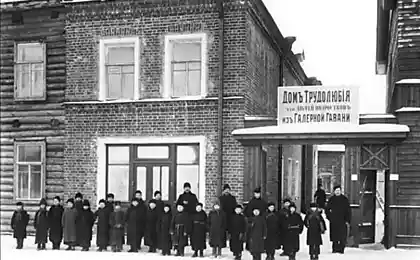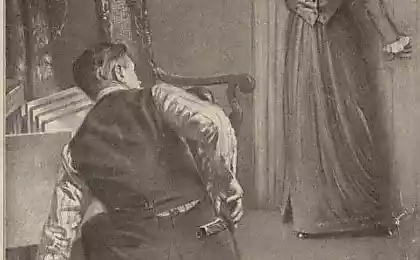1080
Crime on TV

Crime on television have become so popular that if now turn on the TV, you probably their Third immediately. These types of shows seem so real that many people find it difficult to distinguish what is fantasy and what is reality. But the crimes that show on TV, far from the reality in actual fact. In this article, posted several interesting facts that will definitely make you to question your favorite TV crime the next time when you watch them.
1. Almost all the crimes on television will be solved and the guilty pay for their actions.
2. Television characters were killed nearly a thousand times more than were killed by people in real life.
3. If your TV has a negative Ithor Police then immediately appear positive.
4. More than 40% of viewers believe that the police TV shows provide an accurate picture of how the police, but only 14% of police officers agree with this.
5. Frequent mistakes made on television police dramas include:
a) Police in films often creates a picture in public places, which actually puts innocent bystanders in an even more precarious position.
b) the crime scene rarely protected and easily accessible to outsiders.
c) The television police fired their weapons several times an hour, while the real police can work 60 years and shoot with his weapon only once.
6. TV crime show that serious crimes are very common, and hundreds of people are killed every day.
7. TV police able to bend the law in their favor, to help them solve the crime, while in reality there are very strict procedures for which all should follow.
8. All the films show forensic laboratories are equipped with everything that they need in order to solve the crime. In real life, the laboratory, usually in need of funding.
9. In the films on TV is able to find and analyze data quickly and be concluded immediately.
10. Several of the main characters in the Film on TV in a position to do about 5 different judicial and interrogators work every day and open any type of crime on their own. In reality requires more than 6 different departments, which are full of experts to find out what the points of the evidence.























